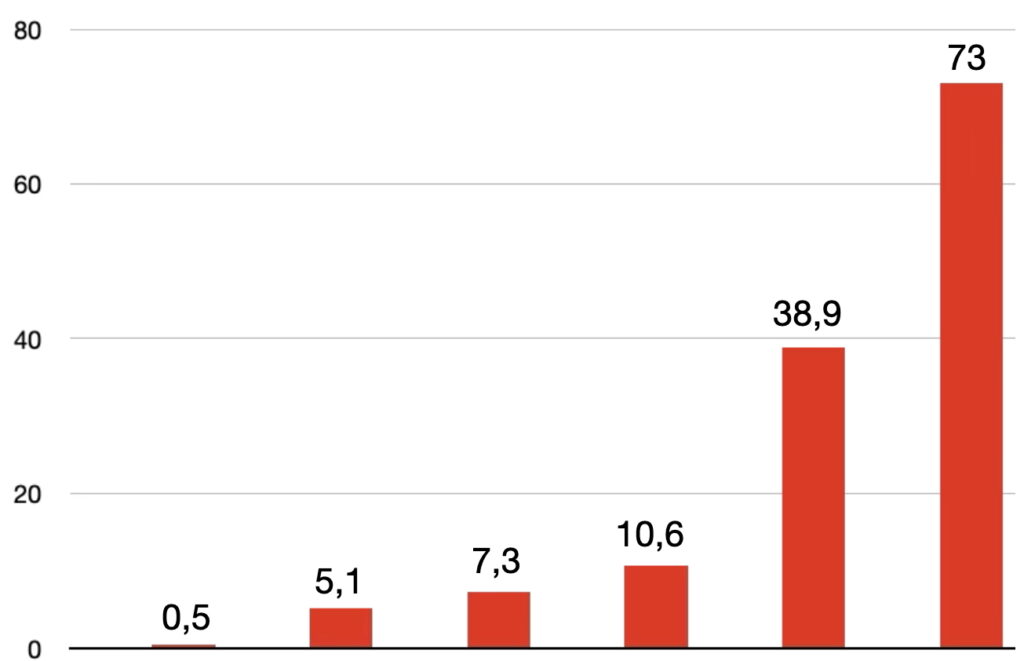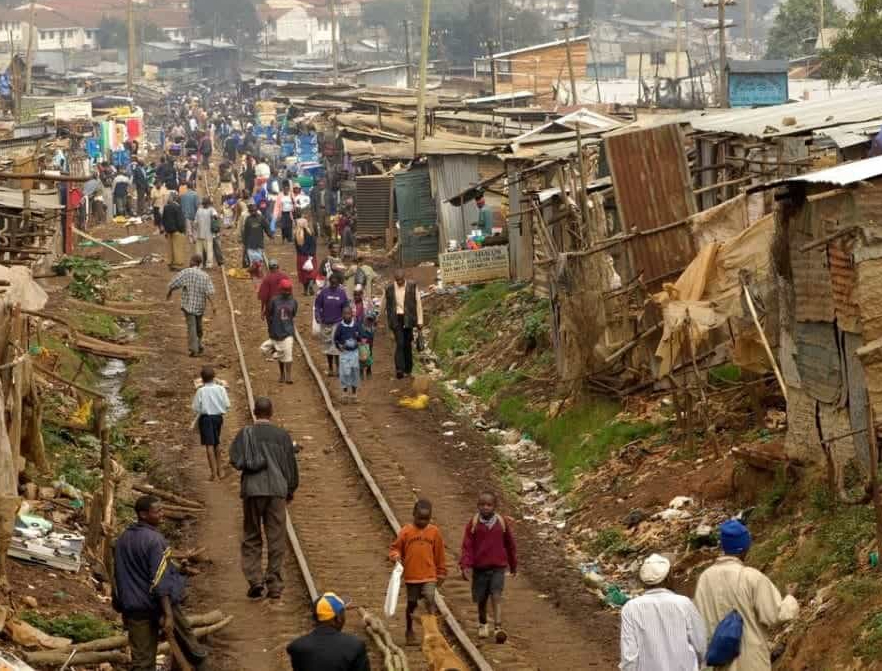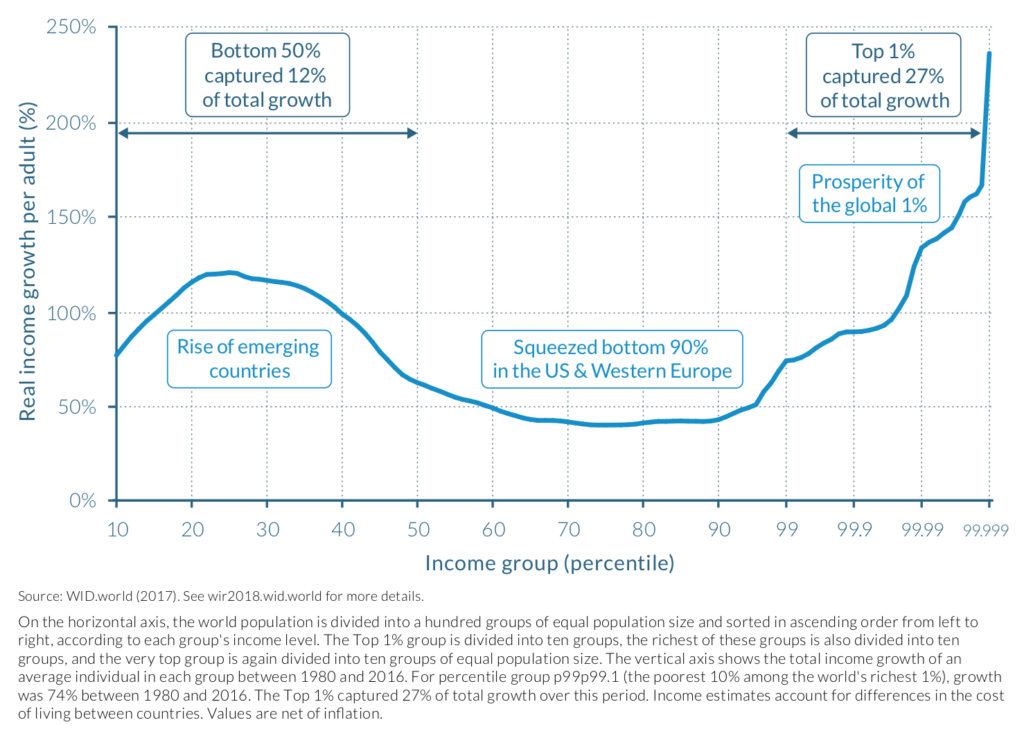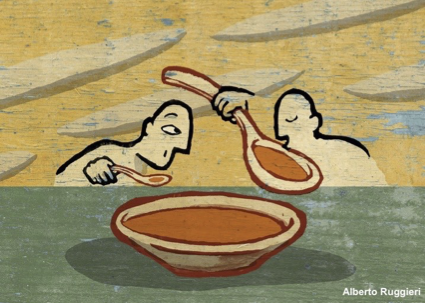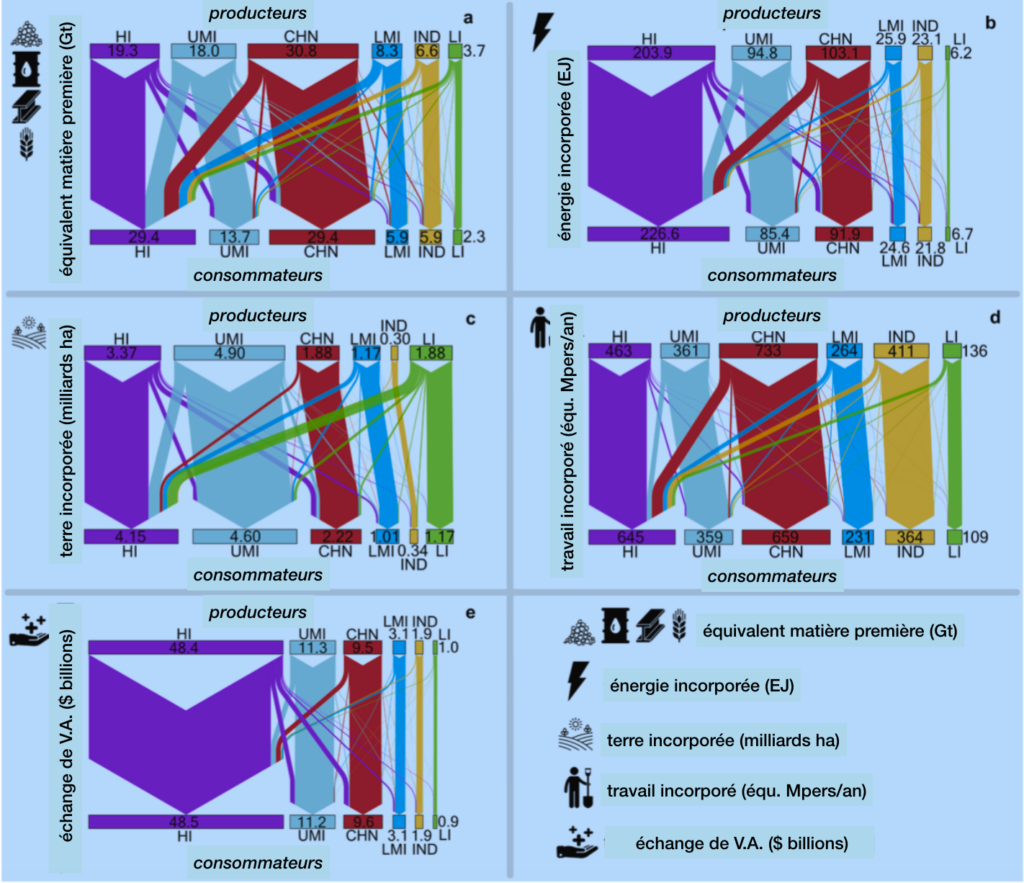

After a period of decreased since the middle of the 1990s, poverty is stagnating and inequalities increase everywhere in the world. This situation is all but ‘natural’, if not desirable, as some would like us to believe. Rather, it is the result of fundamental characteristics of the existing economic system (e.g. intellectual property rights, borders, transfer of natural and financial resources towards rich countries).
Inequality in food systems (18/7/2023)
More articles on inequality published on hungerexplained.org
March 2023 – Hunger, food assistance and poverty in rich countries (with illustrations from France and the US) – Hunger and food assistance are on the increase; People using food assistance are more diversified; Being poor is costly. Social security for food, a systemic solution? [read]
November 2022 – Thinking outside the box – A solution to cut GHG emissions while reducing inequalities – Transform ruled and passive “pedagogized” individuals into informed, responsible and motivated citizens active in the combat against climate change. [read]
16 October 2021 – Public support to agriculture has been promoting unhealthy and polluting products and generating more inequality in the world – A transition to more sustainable food systems (economically, socially and environmentally) will require a total reengineering of current support policies. [read]
26 September 2020 – Income inequality impacts on the level of greenhouse gas emissions and on vulnerability to the consequences of climate change – The more people are rich, the more they emit greenhouse gas; the more people are poor and less they emit greenhouse gas, but the more they are vulnerable to the consequences of climate change. The strategy to reduce emissions must take these inequalities into account. [read]
December 2018 – Borders in the global economy. Control and segmentation of labour, competition among countries, super profits and exacerbation of inequalities are threats to world stability. [read]
June 2017 – How to stop the global inequality machine by Jason Hickel. [read]
May 2017 – Opinions: Growing Inequality under Global Capitalism by Jomo Kwame Sundaram and Anis Chowdhury. Income and wealth inequality has increased in recent decades, but recognition of the role of economic liberalization and globalization… [read]
1 November 2016 – Is “free-tradism” agonising? Why is it increasingly difficult to enter into free trade agreements? Free trade agreements cannot simply be considered as an economic matter as they also have profound social, environmental, health-related, political and even philosophical implications. [read]
May 2015 – Intergenerational equity is possible, provided there is a fundamental change in the principles that govern the world. How to tackle now global issues such as poverty, hunger and climate change if we ground the management of the world on competition and an egoist shortsightedness based on principles of the past that are unadapted to the current conditions of our planet? [read]
November 2015 – Intergenerational equity: the European social model -The story of a political mistake. [read]
November 2013 – Imposing the liberal economic model [read]
January 2013 – Exclusion. [read]
December 2012 – Intergenerational equity and sustainability: our inegalitarian societies are preparing to pass on a crippling legacy to future generations [read]
